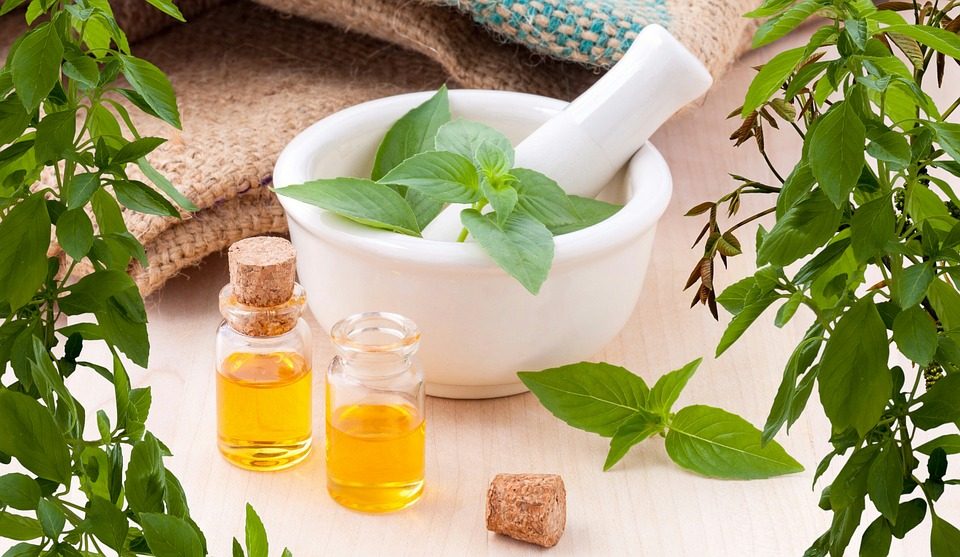We’ve all been there—trying to focus on a task, but the mind drifts, or we forget what we did just moments ago. Finding a way to boost brain function seems like a no-brainer in a world full of distractions and pressure to perform. But can plants really help? The idea of herbal nootropics, often called “smart drugs” or “cognitive enhancers,” intrigued me, so I decided to dig in and share what I found.

What Are Nootropics, Anyway?
Nootropics are substances believed to improve cognitive functions like memory, focus, creativity, or motivation. While synthetic nootropics exist (like certain ADHD medications), the term has expanded to include natural options—mainly herbs and plant extracts that claim to boost brainpower. Unlike some synthetic drugs that come with side effects, many people are turning to natural alternatives, thinking they might be gentler on the system.
My Curiosity About Herbal Nootropics
I’m someone who loves natural solutions. So when I heard about herbs that could potentially help my brain function better, I was hooked. But I didn’t want to take many supplements without knowing if they actually worked. I wondered, Can plants truly enhance cognitive performance, or is it just another wellness fad?
A Quick Look at Some Popular Herbal Nootropics
1. Ginkgo Biloba
Ginkgo biloba has been used for thousands of years in traditional Chinese medicine. It’s believed to increase blood flow to the brain and improve memory and focus. I tried ginkgo for a month to see if I could notice a difference in mental clarity.
According to some studies, ginkgo does appear to have cognitive benefits. One meta-analysis found that it may slightly improve memory in healthy adults . However, the effects were modest, and some studies show conflicting results. Personally, I felt more alert after a few weeks, though it’s hard to say if it was the herb or just a placebo effect kicking in.
2. Bacopa Monnieri
Bacopa monnieri is another herb traditionally used in Ayurvedic medicine to enhance brain function. It’s said to improve memory retention and reduce anxiety, which sounds like a great combo. I was curious about Bacopa because I’d read that it works by increasing certain neurotransmitters in the brain, specifically serotonin and acetylcholine .
Studies support its effectiveness, particularly for memory. One study published in the journal Phytotherapy Research found that adults taking Bacopa experienced improved memory recall and cognitive processing . I found it subtle, but over time, it felt like I could retain new information more easily, and my focus improved.
3. Rhodiola Rosea
Rhodiola is often touted as an adaptogen, which means it helps the body handle stress. What interested me about this herb was its potential to reduce mental fatigue. If I could avoid those mid-afternoon slumps, I’d be thrilled!
Research shows that Rhodiola might help with both mental and physical fatigue. A study conducted on physicians working night shifts found that Rhodiola supplementation helped reduce fatigue and improved mental performance . For me, it didn’t work immediately, but after a few weeks, I noticed I was more mentally resilient during long workdays. No more post-lunch brain fog!
4. Ashwagandha
While Ashwagandha is better known for its ability to reduce anxiety and stress, I’ve seen it pop up as a cognitive enhancer too. This ancient Ayurvedic herb is thought to balance cortisol levels and help you think more clearly, especially during stressful times.
Studies back up these claims, particularly when it comes to reducing stress, which indirectly supports better brain function. For instance, research published in The Indian Journal of Psychological Medicine shows that Ashwagandha helps reduce stress and improve cognitive function. From my experience, Ashwagandha did seem to make me feel calmer, which in turn helped me focus better on tasks without getting overwhelmed.
Do They Really Work?
After experimenting with herbal nootropics for a few months, here’s what I found: while the effects weren’t drastic or immediate, some subtle improvements crept in over time. I felt more focused, less stressed, and could concentrate for longer periods. I wouldn’t say they were “miracle pills” that unlocked 100% brain power, but they did seem to enhance my cognitive functions gently.
The Science: A Mixed Bag
Here’s the thing—while studies support these herbs’ benefits, the scientific community remains cautious. Many studies on herbal nootropics are small, and results can vary from person to person. Additionally, it’s hard to know exactly how much of each herb is needed for optimal benefits, as study doses vary.
That said, natural nootropics do seem to have potential, especially when it comes to memory, focus, and mental stamina. They’re not a quick fix, but over time, they could offer benefits without the harsh side effects some synthetic drugs can cause.
My Take on Herbal Nootropics
Personally, I think herbal nootropics are worth exploring, especially if you’re someone who values natural alternatives. However, it’s important to keep expectations in check. These plants won’t turn you into a genius overnight, but they might give you the mental edge you’re looking for, especially if you’re dealing with stress or brain fog.
If you decide to try them, I’d recommend starting slow. Everyone’s body reacts differently, and it might take a few weeks before you notice any real changes. Also, remember that while herbs can help, they aren’t a substitute for a healthy lifestyle. You have the power to improve your cognitive function through your diet, sleep, and exercise. So, addressing those areas is important, too.
Final Thoughts
So, can plants help your brain function better? From my experience and what I’ve read, the answer is yes—but it’s a gradual process. Herbal nootropics can offer subtle improvements, and for those who are patient, they might be just what you need to boost your focus and mental clarity. But, like anything, they work best when paired with a healthy lifestyle and realistic expectations.
